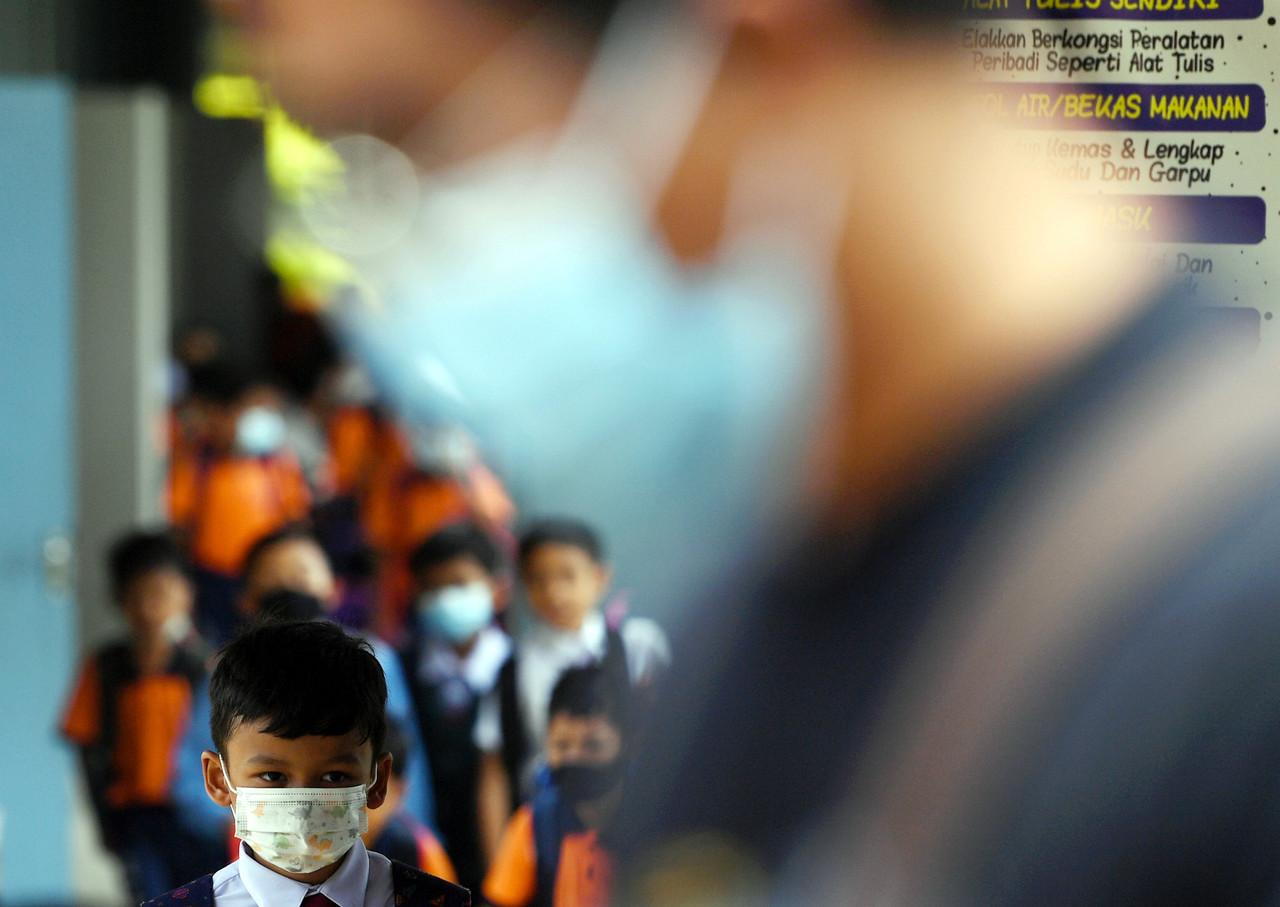Cut red tape, decentralise powers on closing schools over Covid fears, Putrajaya told
The nation's main teachers' group says the state education departments have a better grasp of the situation in schools under their jurisdiction.
Just In
State education authorities should make the call on whether schools situated in Covid-19 red zones need to be closed, teachers say.
This comes as conditional movement control orders (CMCO) are enforced in several districts in the wake of a sudden increase in daily infections across the country.
The National Union of the Teaching Profession (NUTP) said authority should be given to state education departments to make extraordinary decisions such as to close down physical school sessions.
It said the same consideration should be given to related agencies such as district education offices and school administrations so that swift action can be taken in such events.
“Instructions to close a school due to Covid-19 are made on the advice of the National Security Council (NSC) and health ministry. There is a lot of red tape to go through,” NUTP president Aminuddin Awang told MalaysiaNow.
He said state education departments and district education offices should make the call, and be given “temporary authority to make these decisions themselves when they feel”, adding that they were best placed to know the concerns over safety among staff, children and parents.
Yesterday saw the addition of 489 positive cases nationwide, with the government announcing CMCOs from Oct 9 in the red zone areas of Sandakan, Papar and Tuaran in Sabah, and Klang in Selangor following spikes in transmissions there.
Aminuddin said authority should be delegated immediately, especially if teachers and students from schools in affected areas were already uncomfortable with the situation.
It is understood that currently, school administrations, state education departments and district education offices cannot decide on the matter.
“They must wait for instructions from the NSC or health ministry.
“But they are the ones who understand what is happening in these schools,” Aminuddin said, adding that schools in affected areas should be allowed to hold virtual lessons instead of students attending physical classes.
“Even if schools are physically closed, lessons can still continue as usual online.
“The students don’t need to go to school, only the teachers. This way, classes can be held online to help prevent the spread of Covid-19 among students,” he said.
Subscribe to our newsletter
To be updated with all the latest news and analyses daily.
